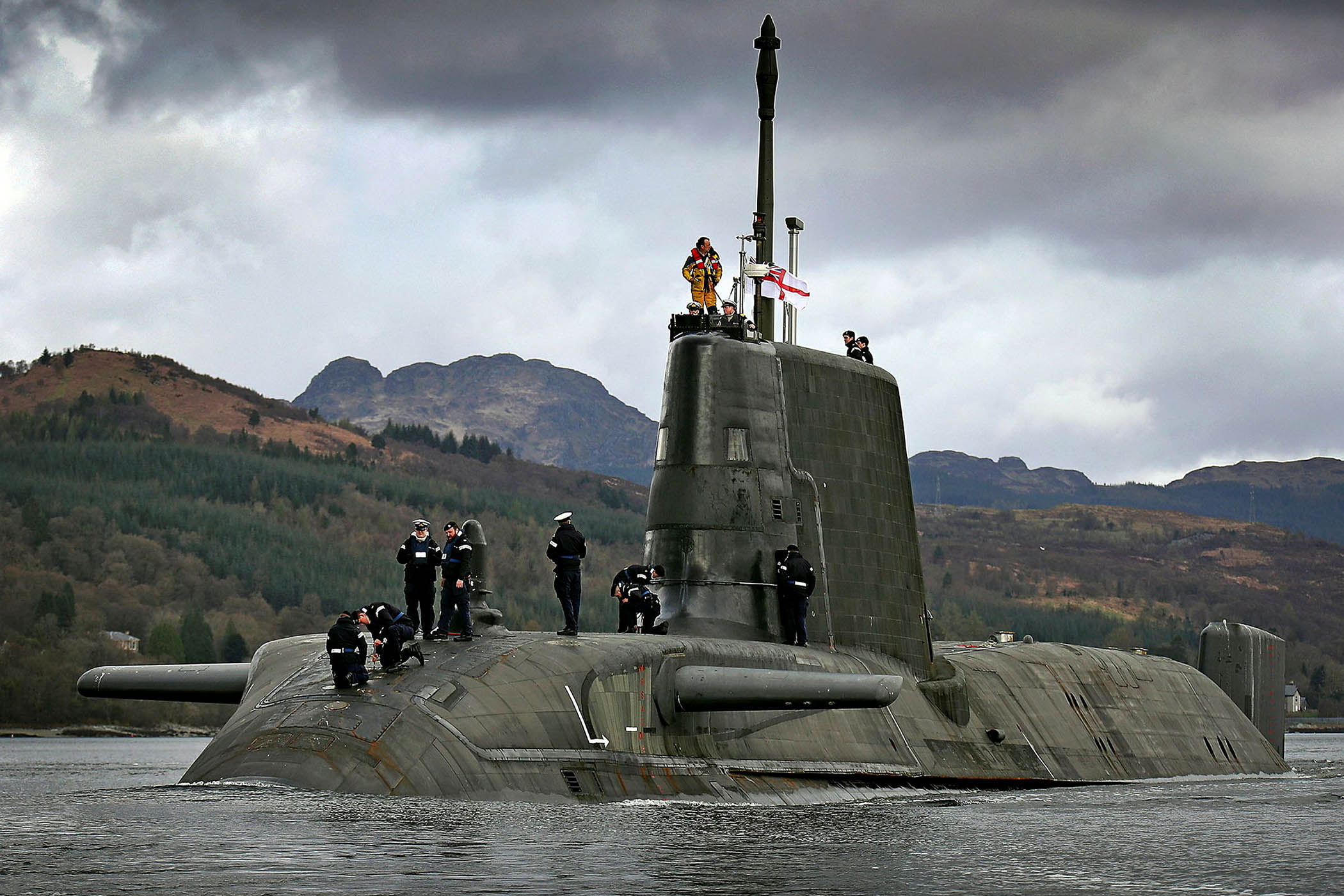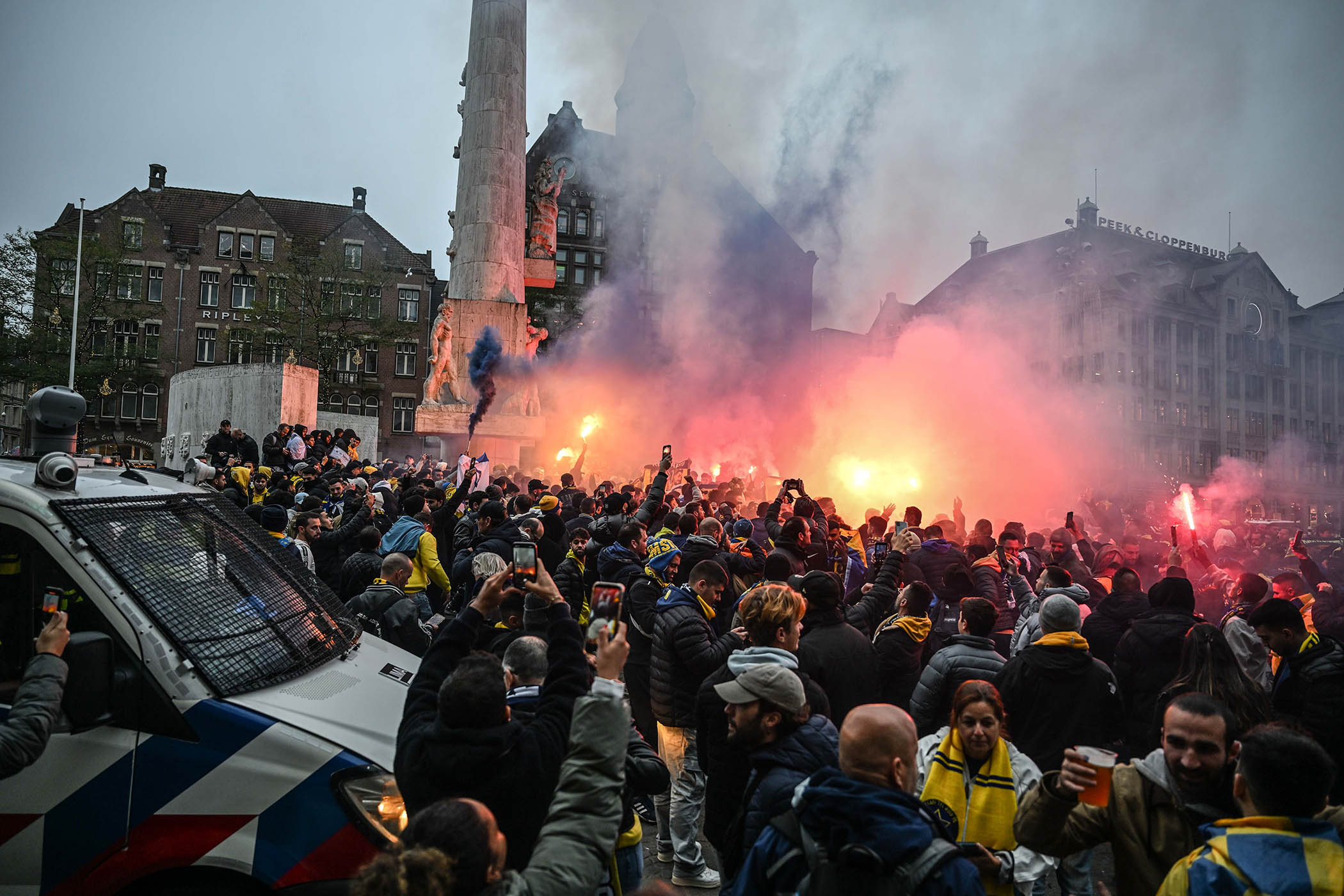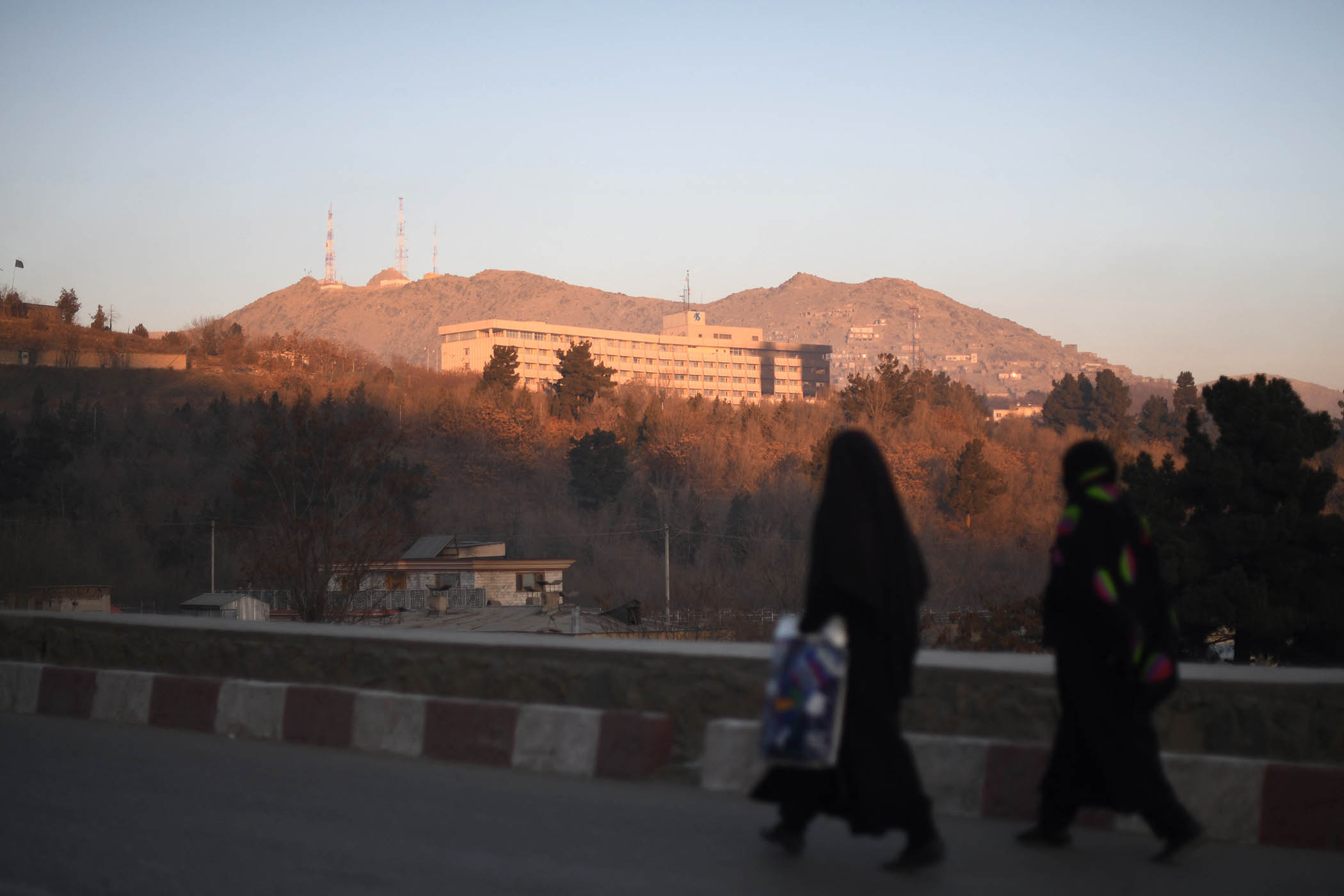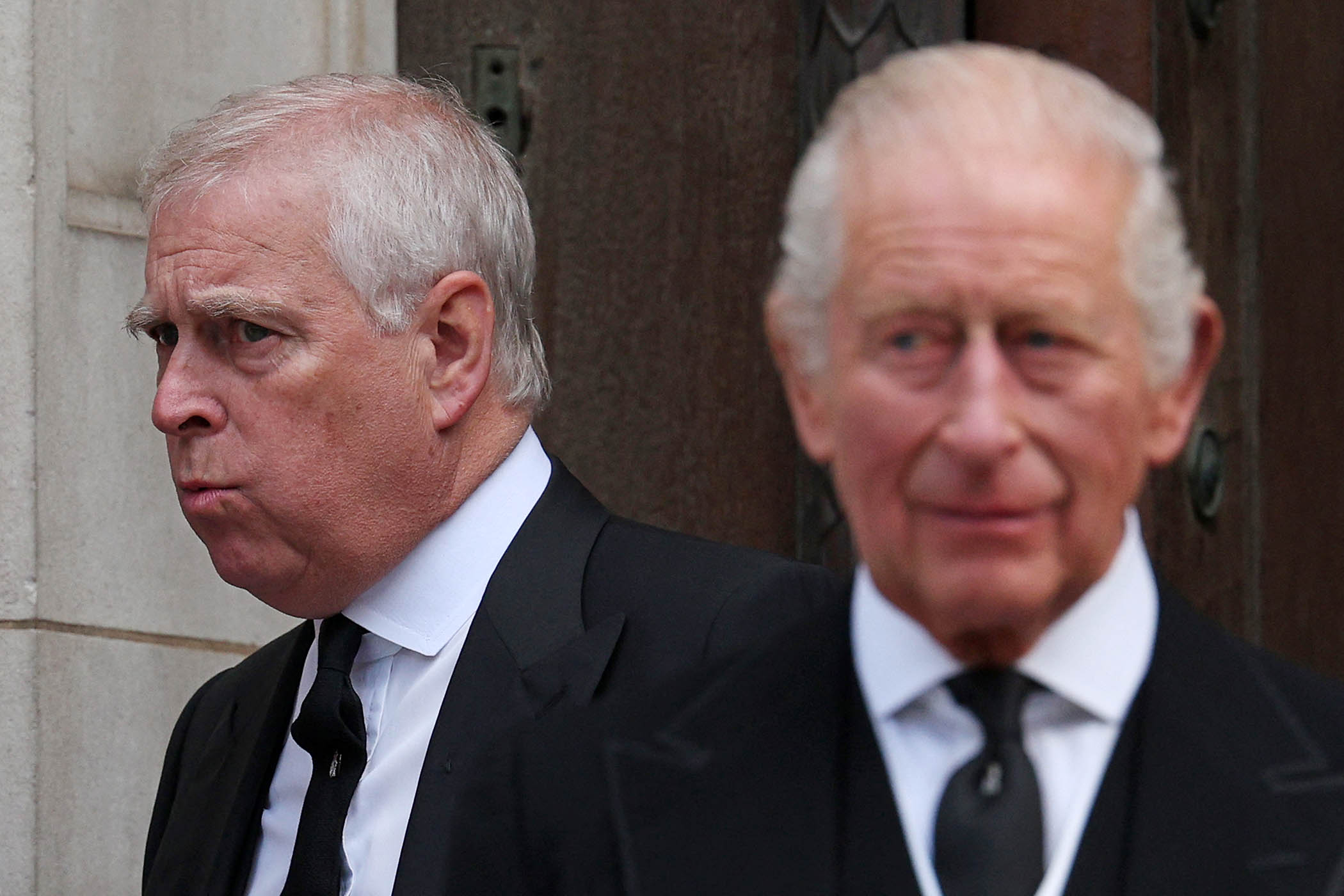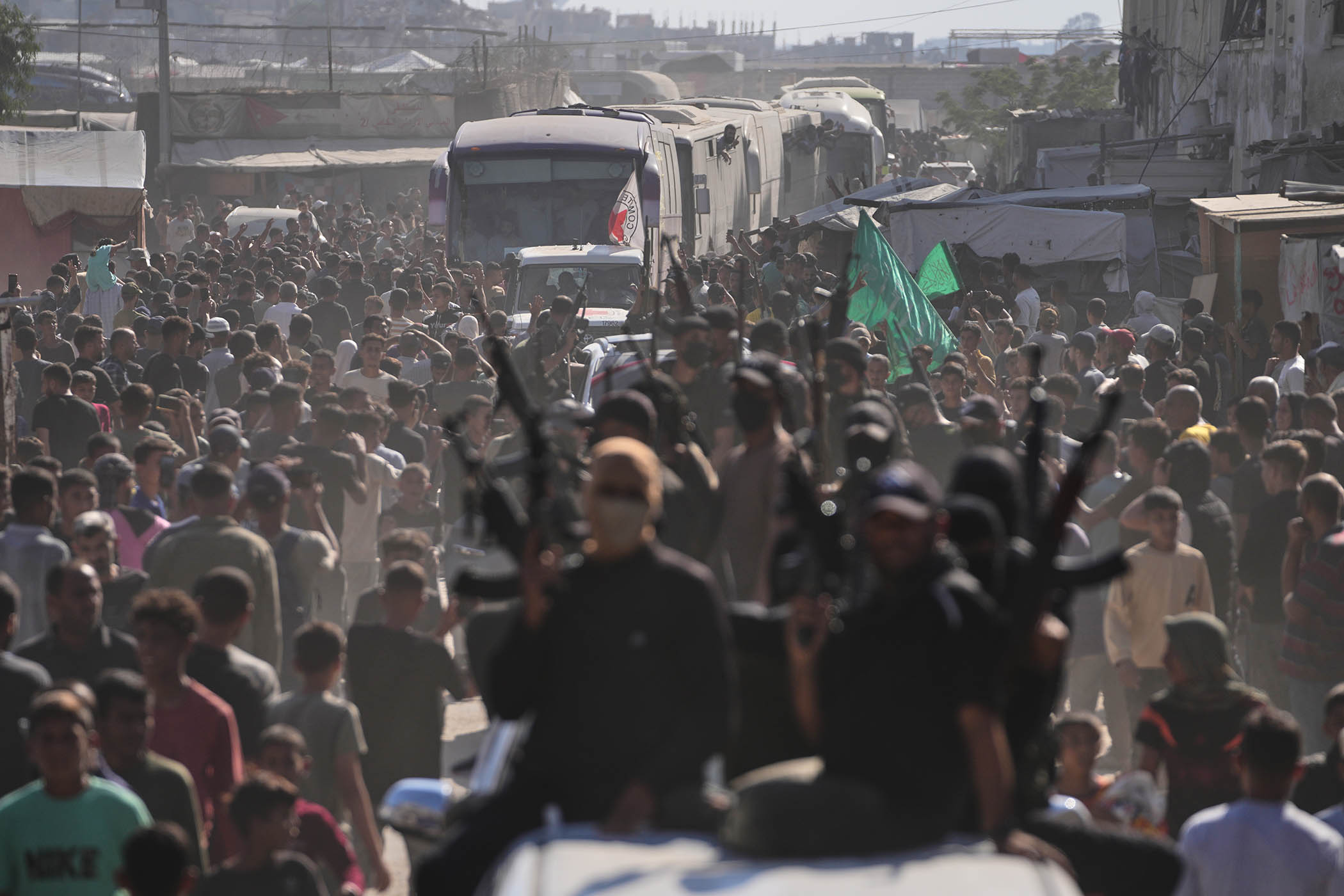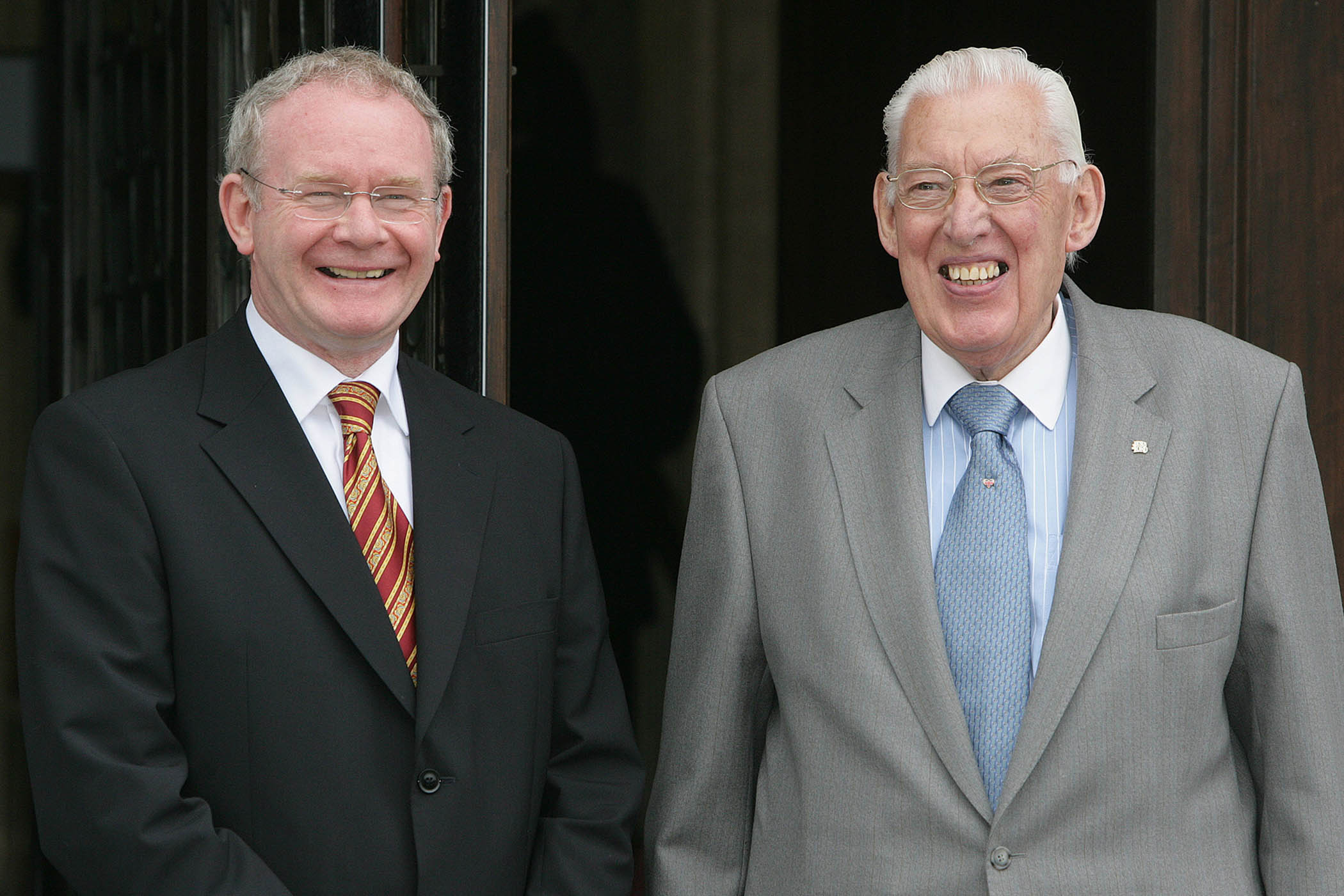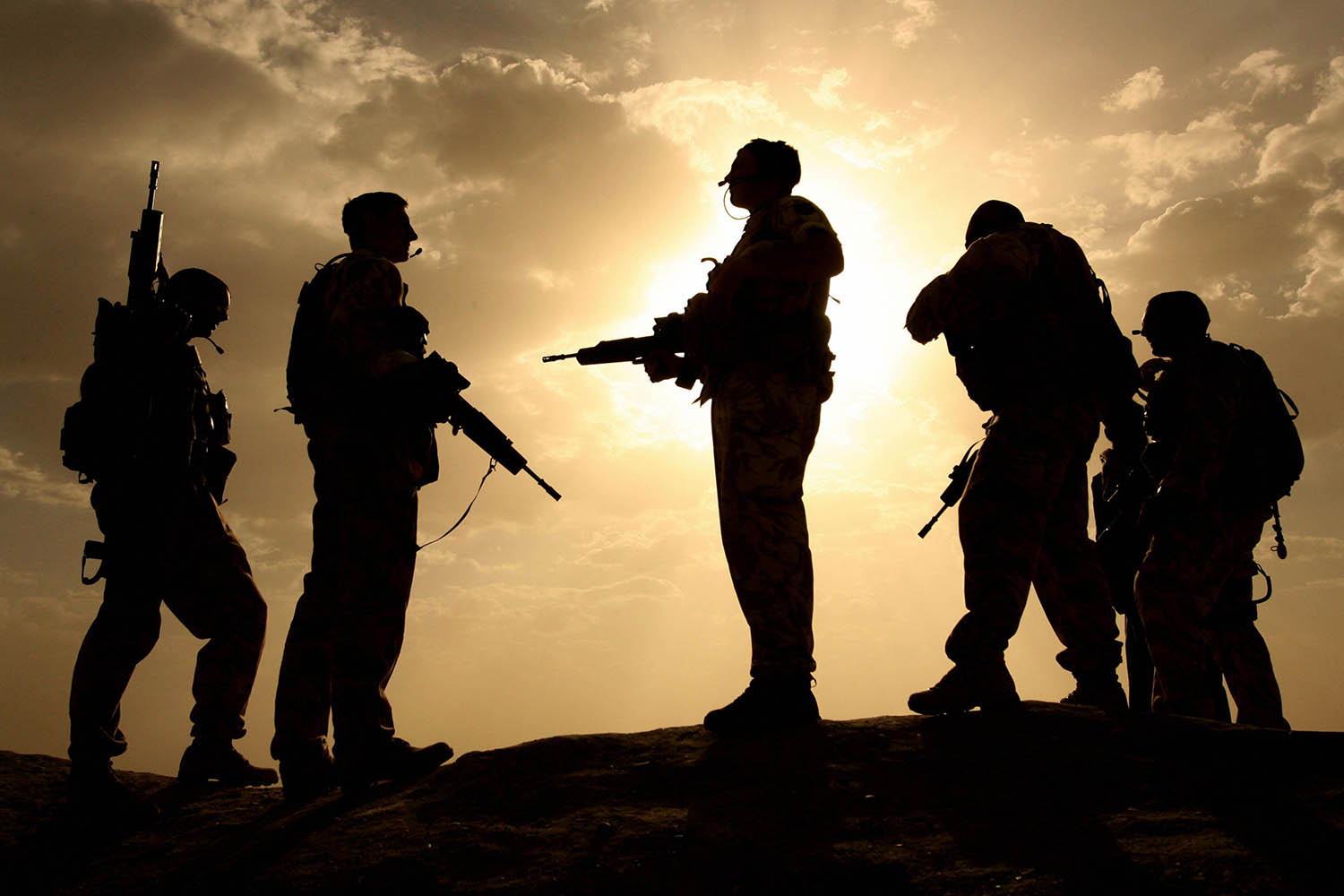
Britain's special forces have been allowed to operate in a shady category of their own
Britain’s special forces operate under an implicit bargain with voters and MPs: in return for unusual effectiveness and lethality, they’re allowed to keep their names and details of their operations secret. Even the intelligence agencies have to account for themselves before parliament, but the special forces are left to operate in a shady category of their own.
That bargain has broken down. The email mistakenly sent from special forces HQ exposed 18,000 Afghan soldiers and their dependents to potential reprisals by the Taliban. It has also revealed a pattern of behaviour within special forces, who repeatedly demand secrecy on national security grounds when it is all too convenient for their reputation.
Six weeks ago, The Observer reported the special forces’ role in barring applications from 2,000 Afghan soldiers who had worked alongside the special forces seeking resettlement in the UK – an extraordinary betrayal of those comrades on the battlefield, but all the more suspicious when the SAS is facing an inquiry into extrajudicial killings. Some of the applicants are likely to have been witnesses to the alleged murder of unarmed men and boys.
There is not one disgrace here, but three. Cover-up has been compounded by cover-up. This week, we learned the government had used a superinjunction to hide the fact of the special forces data leak, the secret transport of potentially endangered Afghans to the UK, and the possible £7bn bill of the resettlement programme.
Taxpayers were told the rogue heroes gave value for money and the Iranian embassy siege seemed to prove it
Related articles:
For more than a decade, the efforts by the Royal Military Police to investigate those allegations of war crimes by special forces conducting night raids in Afghanistan in 2010-2013 have been frustrated by deletions of evidence and missing data.
The financial cost of this scandal will rise steeply as lawyers for those put at risk bring class actions against the government. The constitutional damage will take years to assess as accountability is pursued in an arm of the state not used to being held accountable. It’s telling that it would not have come to light had it not been for reporters from Global Media and the Daily Mail, who sought an end to the secrecy in a legal challenge led by the Times. The moral question behind it is: why has Britain found it so hard to do right by those who risked their lives to help its forces in Afghanistan?
The scale of the security breach was not clear when the defence secretary first described it last Tuesday. Two days later it emerged that personal information had been released on more than 100 British MI6 and special forces personnel. The fact the names of UK service personnel were part of the data leak was subject to an injunction, even after the superinjunction was lifted. The MoD rightly wants to keep the identities of British special forces and intelligence officers secret; it’s protected the reputation of special forces, too.
For decades the special forces have burnished their image by stonewalling the press and trading on myth. Narratives by Fitzroy Maclean and David Stirling set the tone. Taxpayers were told the rogue heroes gave value for money and the Iranian embassy siege seemed to prove it. Novelist Andy McNab offered to fill in the gaps.
Until 2017, that was the story. Then the Sunday Times and later the BBC’s Panorama started reporting on alleged war crimes by SAS personnel in Afghanistan in 2011, leading to an official inquiry. That inquiry will now need to answer two questions. What is the truth of allegations of the killing of unarmed men and boys in Afghanistan by special forces? And what kind of accountability should be required of the special forces – what now for the bargain between the British public and the “rogue heroes”?
General Sir Gwyn Jenkins was commander of the SBS and was informed of allegations about special forces operations in Afghanistan at the time of the alleged killings; he was in charge of all special forces at the time of the Afghan data leak. He has recently been promoted to be First Sea Lord, running the Navy.
He continues to have ministers’ full backing. The question is why? A straight answer would not remove the storm cloud that hangs over the special forces, but it might begin to clear the air.
